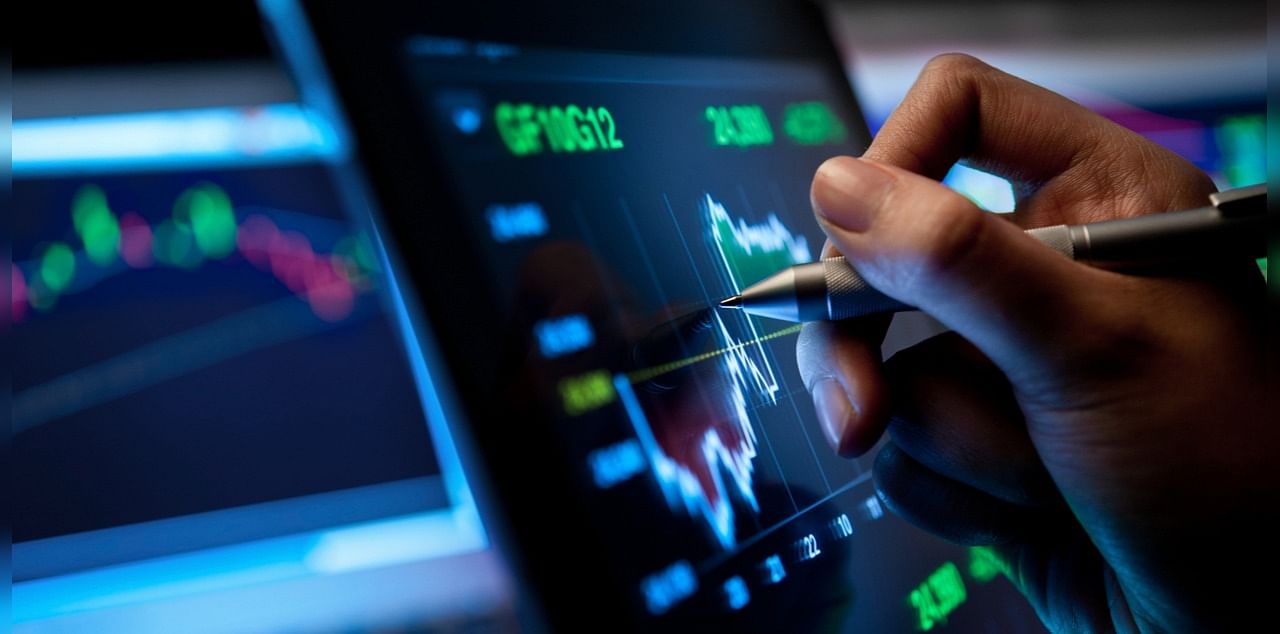
The rebound that’s helped make Pakistan equities Asia’s best performers since the end of March isn’t done yet, according to some money managers.
The nation’s central bank has been among the most aggressive globally in cutting interest rates this year to cushion the economy amid the coronavirus pandemic. That has reduced the double-digit returns from fixed income and bolstered the bullish case for equities.
“Given the abrupt fall in interest rates, locals are still early in their re-allocation from bonds to equities,” said Ayub Khuhro, chief investment officer at Faysal Asset Management Ltd., whose assets have tripled to 35 billion rupees ($210 million) in the past year. “If rates remain at these levels for some time, they will continue to drive the market.”
Pakistan’s KSE-100 Index is up 36% from the end of March, the best rebound among major Asian equity indexes for the period. A slowdown in the rate of new infections coupled with measures to boost an economy that shrank for the first time in seven decades prompted the Dubai-based FIM Partners in July to make Pakistan its biggest exposure after the Philippines.
“I see Pakistan becoming our largest exposure in the next six months,” said Mohammed Ali Hussain, research head at FIM Partners, which manages $1.6 billion. “Even after the rebound, there’s room for re-rating assuming the macro picture remains on track,” he said. In dollar terms, the KSE-100 Index is still down more than 50% from its life-time high reached in May 2017, he said.
Tundra Fonder AB, the Stockholm-based money manager known for its early bet on Pakistan, said the nation has the largest allocation in its frontier fund.
“Covid-19 interrupted everything but our argument from July last year that the next four-five years should be very good for Pakistani equities is valid,” said Chief Investment Officer Mattias Martinsson. “Given the low foreign appetite for emerging and frontier markets, it remains to be seen if foreigners participate.”
Foreigners Sell
So far, overseas funds aren’t joining their local peers in buying the nation’s shares. They’ve pulled a net $346 million this year, mirroring withdrawals seen in big Asian markets excluding China.
A year after winning a $6 billion International Monetary Fund loan to fend off a balance-of-payments crisis, Pakistan sought another loan to fight the fallout of the pandemic. The nation faces the risk for a resurgence in infections, which can stall economic recovery.
“There is a hanging sword of a second wave,” Haroon Ahmad Khan, Chief Executive Officer at Waves Singer Pakistan Ltd, a producer of fridges, washing machines and deep freezers, said at a briefing. “We are cautiously optimistic about the future.”
Stock bulls say the high volumes accompanying the rebound -- the KSE-100 Index saw its highest turnover in 13 years on August 13 -- is a sign the rally is backed by the wider public after the 625-basis point cut in borrowing costs.
“Make hay while the sun is shining and that sun is the historically low interest rate,” Faysal Asset’s Khuhro said. “We expect this liquidity-fueled rally to continue.”